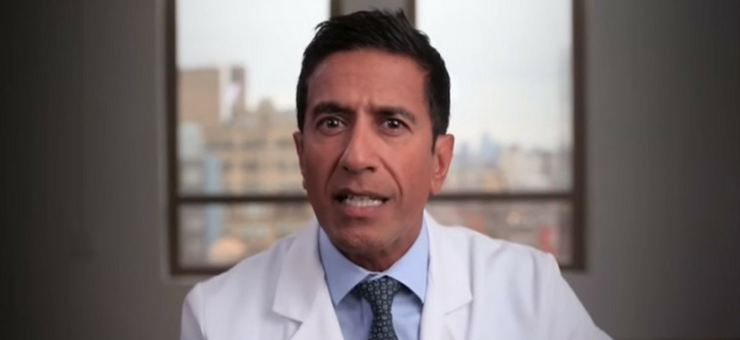
The following blog was authored by Sanjay Gupta on CNN.com, and has been republished here
with permission from the author. Read the original article here.
When he first sees me, Sandy Halperin always gives a surprised snort and then a cackle of delight. Before I know it, I'm enveloped in a bear hug, snuggled close and patted heartily on the back. If I'm lucky and Sandy remembers that he really likes me, I'll get a back scratch too, a true Halperin hug.
"What a treat," Sandy says to me with a huge smile each time I visit, throwing his arm across my shoulders and inviting me for a stroll. His ready answer to my question "How are you feeling?" is, unfortunately, heartbreakingly familiar as well.
"I feel my decline more rapidly right now," Sandy has said many times. "Just like a confusion as the day goes on or times when I don't even have thoughts -- I'm awake, but ... what was the question?"
In 2010, at the tragically young age of 60, Alexander "Sandy" Halperin, a former dentist and Harvard assistant professor, father of two and grandfather of three, was diagnosed with early-onset Alzheimer's. For the past five years, at Sandy's request, my CNN crew and I have been documenting his mental journey into twilight. His goal: to erase the stigma and shame that come with a diagnosis of dementia and to educate the world on how to best care for the growing numbers of people living with cognitive decline.

















![Giving Back[1].jpg](https://info.wwsg.com/hs-fs/hubfs/images/Giving%20Back%5B1%5D.jpg?width=743&height=372&name=Giving%20Back%5B1%5D.jpg)
.png?width=740&name=Untitled%20design%20(40).png)





